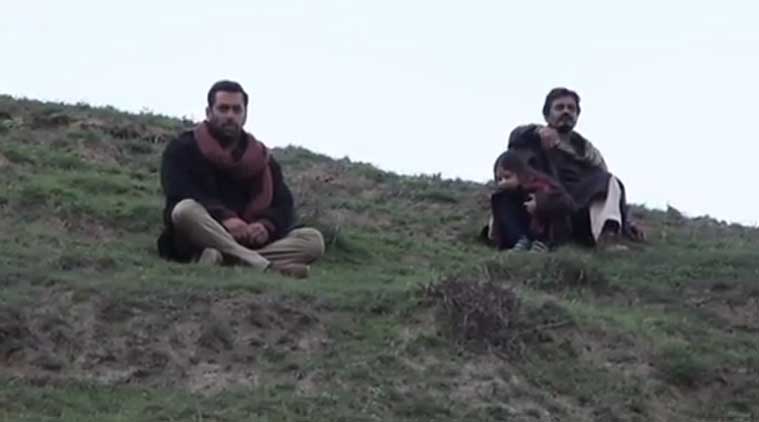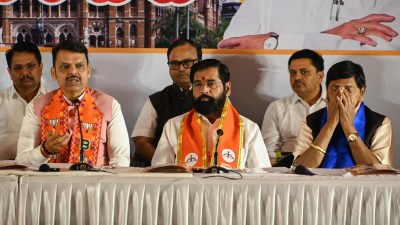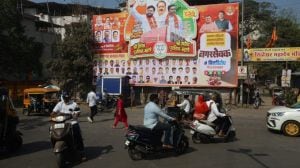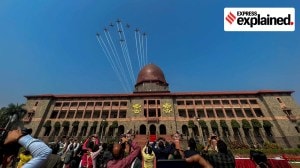Click here to follow Screen Digital on YouTube and stay updated with the latest from the world of cinema.
‘Bajrangi Bhaijaan’ music review
'Bajrangi Bhaijaan' music review: Most of the 'Bajrangi Bhaijaan' album is full of tracks that wander aimlessly.
 The album, however, left us wondering one thing; did Pritam really compose one-half of this?
The album, however, left us wondering one thing; did Pritam really compose one-half of this?
Film: Bajrangi Bhaijaan
Composer: Pritam
Lyrics: Pritam
More often than not composer Pritam manages to ferment his sound into a more robust and undiluted form. But then there are occasions when one feels that tunes from his marquee should not make it to our ears.
Most songs in Bajrangi Bhaijaan are so run-of-the-mill, they vapourise just as they leave the speakers. The bulk of the album works with muddled percussion. There are almost a couple of tracks that we were thankful for. Nothing out of the ordinary but they still were the most uplifting cuts in an otherwise below average album that wobbles along the line that separates tolerable and the ridiculous.
The album opens with a track called Selfie le le re. It’s a weird mishmash, and we are still trying to figure the reason behind the song. Vishal Dadlani is too brilliant a singer to go out of tune. But whatever the hell is happening around him with a crazy percussion mix, which is more cacophony than music, one feels bad for him. The harmonium interlude even misses a couple of keys. A similar track is Aaj ki party by Mika Singh. It tries to mix synth and electric guitar riffs with folk tunes of bhapang and dhol. An absolute rehash of what already exists.
This one is followed by Atif Aslam’s Tu chahiye, aimed at a typical Pritam love ballad-fast beat combination. It’s tolerable, yes, but nothing to write home about. Surprisingly or thankfully, a song called Chicken kukduku, was the song we enjoyed the most. Somewhat inspired by the good old Sunday ke sunday, Mohit Chauhan does a fine job with this one. There is that yoddle, the Goan folk melody and quirky lyrics. It works.
Just when our disappointment is going to hit rock bottom with this album, we came across Imran Aziz Mian’s Bhar do jholi. The right sprinkles of harmonium interludes, a fantastic theka on the dholak and tabla and that call in Mian’s rich voice gives the ritualised refrains more potency. This is completely unlike Adnan Sami’s version, which even if recorded, should not have made it to the album. While Mian comes across as a polished qawwal, who knows what he’s doing, Sami struggles through the entire eight minutes of the song. So do we.
A guitar prelude which merges with strings to deliver a nice love ballad is Tu jo mila. The song, however, comes with three versions. Our pick is the Papon’s rendition. It is non-pretentious and has the singer add his own nuances to the existing compositions.
Most of the album is full of tracks that wander aimlessly. They defy classification and not in a good way. Jholi and Tu jo mila should be bought. The album, however, left us wondering one thing; did Pritam really compose one-half of this?
- 01
- 02
- 03
- 04
- 05


































